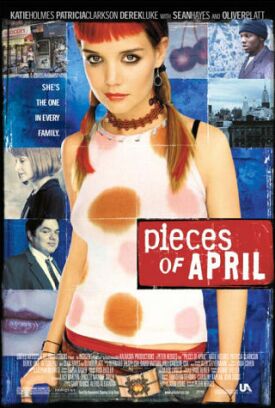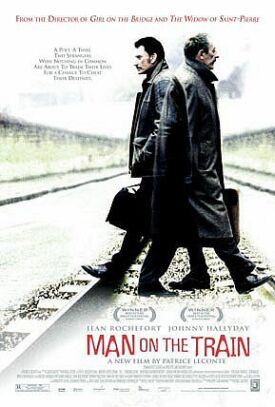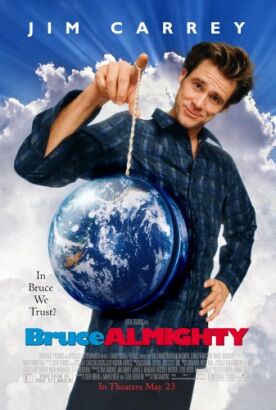Pieces of April
A first feature by Peter Hedges, the novelist and screen-writer of What’s Eating Gilbert Grape, Pieces of April presents us with an interesting situation and interesting characters which are well managed cinematically. But once he’d got them into their interesting situation, he appears to have had no idea how to get them out of it. So he has tacked on a sort of fantasy ending that reminded me a bit of the ending to François Ozon’s Swimming Pool.
In other words, you could say it was a fantasy ending, or you could say that the ending was the reality and the rest of the film was the fantasy. That’s the beauty part: it could go either way. All we know for sure is that the endings of both films are detachable, that audiences will realize that, in them, they are watching something different from what they were watching before and that they have been given no means of putting the ending together with what has preceded it.
April (Katie Holmes) is a pretty but Goth-influenced girl of about 20 with various piercings and tattoos and lots of eye-shadow and black nail polish. She and her new boyfriend, Bobby (Derek Luke), are planning to welcome her family to their slum-like New York apartment for Thanksgiving dinner. The family — mother (Patricia Clarkson), father (Oliver Platt), brother (John Gallagher Jr.), prissy sister (Alison Pill) and senile grandmother (Alice Drummond) is driving into town for the occasion.
Left to get on with the dinner preparations by Bobby, who has an errand to run, April discovers that the oven is not working and, in a panic, runs from apartment to apartment in her dilapidated building to try to find help. Her efforts, vaguely but not uproariously funny, are intercut with the family’s rancorous wranglings on their journey into the city and Bobby’s search for a suitably respectable suit of clothes in which to greet them. These strands of the three-strand plot are also gently humorous, but the tragic background, that April’s mother is dying of breast cancer, gradually emerges.
Ironically named Joy, this woman has always been tart-tongued and critical and especially so with April, whose Gothic accoutrements, tattoos and heavy makeup are clearly the relics of a tornadic rebellion against her mother’s criticisms which is now at last, we are to suppose, beginning to subside. But the cancer has made Joy even more embittered and nasty, and she expects nothing but disaster from the visit to April.
Meanwhile, Bobby is being sought by April’s jealous former boyfriend, a drug-dealer, and his gang, and her long-suffering father is trying to smooth things over between his impossible-to-live-with but obviously much loved wife and everybody else. Finally, the family doesn’t know that Bobby is black — only that he “sounds promising” to dad because of the contrast with the drug dealer and because he is said to remind April of himself.
This combination of the comic and the serious is all very nicely managed and engages our interest, but from the first bit of help April gets with her turkey, from a jolly, life-affirming, wise etc. middle-aged black couple called Evette (Lillias White) and Eugene (Isiah Whitlock Jr.), we can see that the design of the thing is going to take in some kind of uplifting, feel-good, smiling-through-the-tears dénouement that, if not dictated by a focus-group might as well be.
In other words, it is just the kind of thing that people go to a little independent film like this one to get away from. Or so you would think. Under the circumstances then, the ending is rather audacious, having been signaled so far in advance. We might even be tempted to see it as a bit of post-modern cheek: giving the audience what it wants as a way of making fun of the audience for wanting it. But it is also a shame-faced confession by Mr Hedges that he couldn’t find any other way out of the problem he’d set himself with the nasty, dying Joy.
Discover more from James Bowman
Subscribe to get the latest posts to your email.








